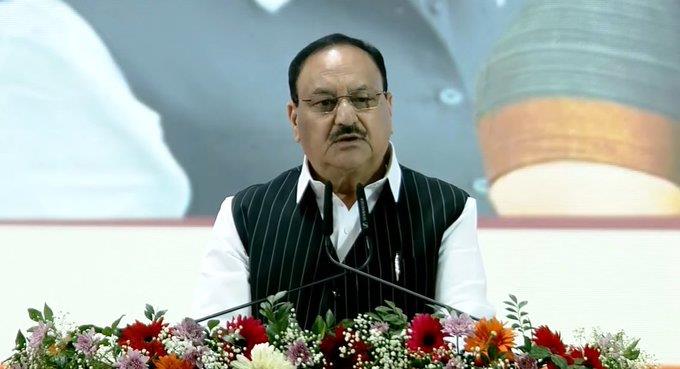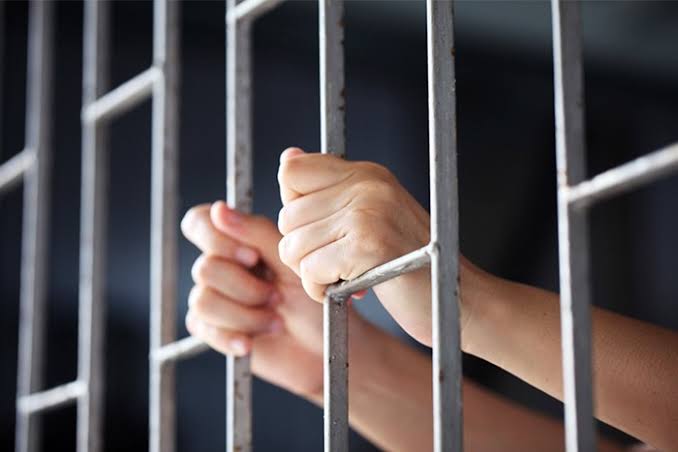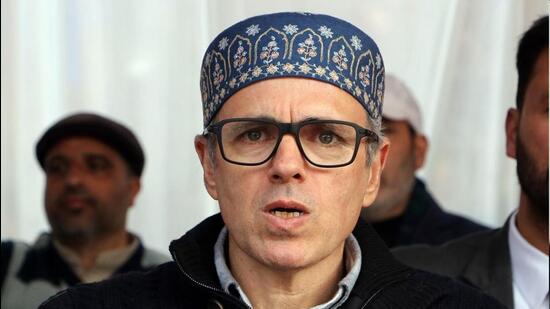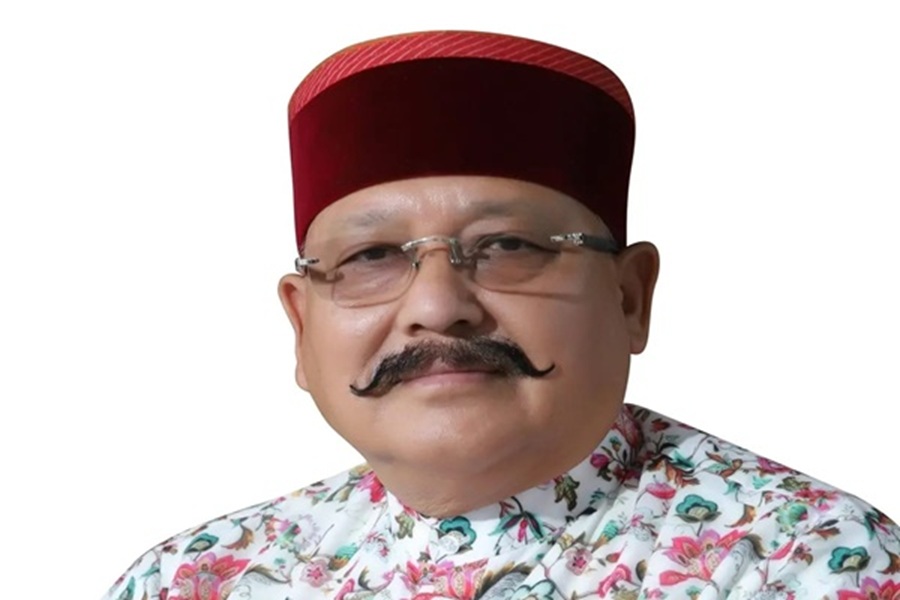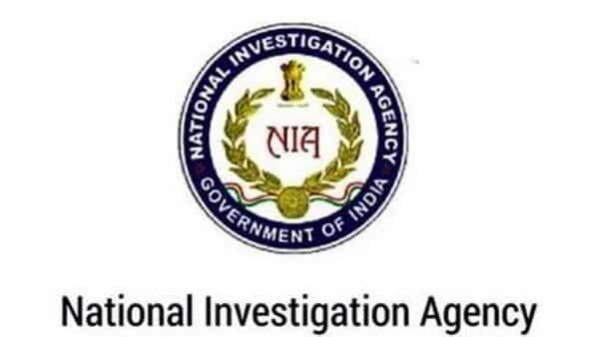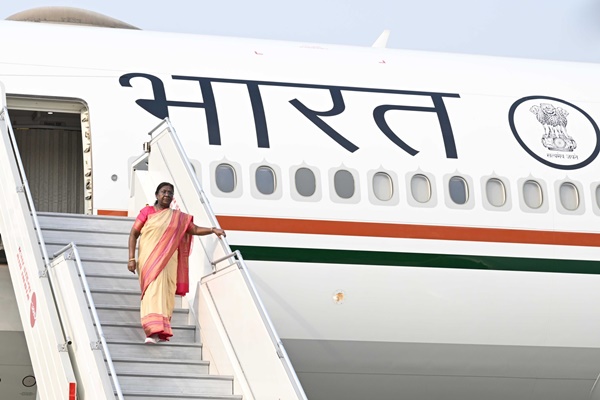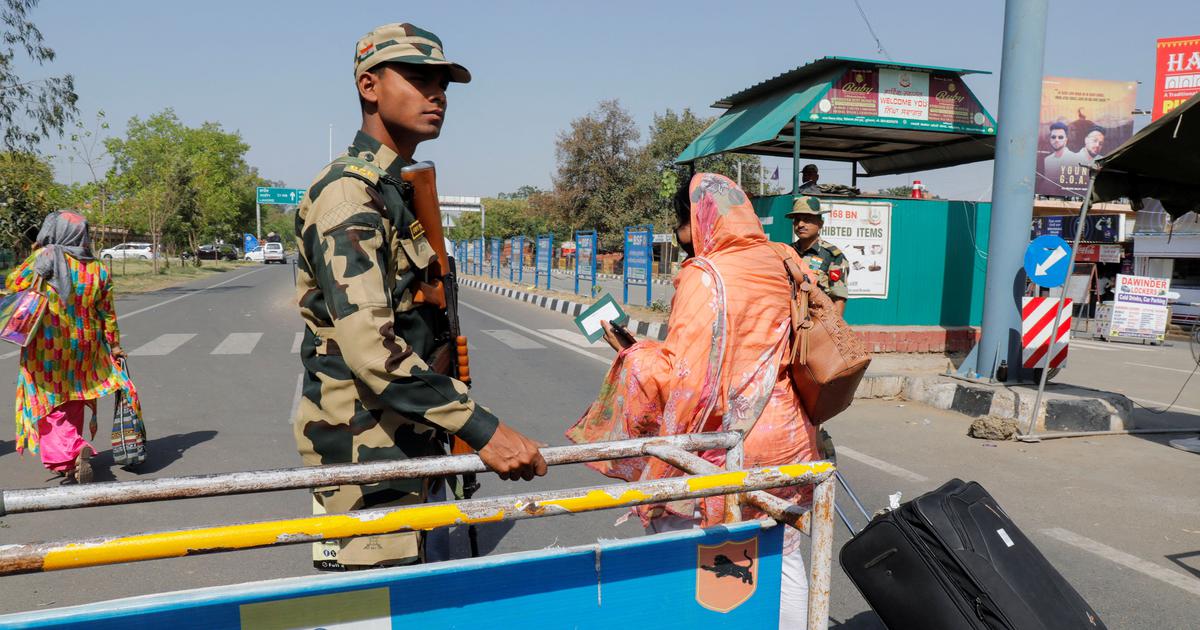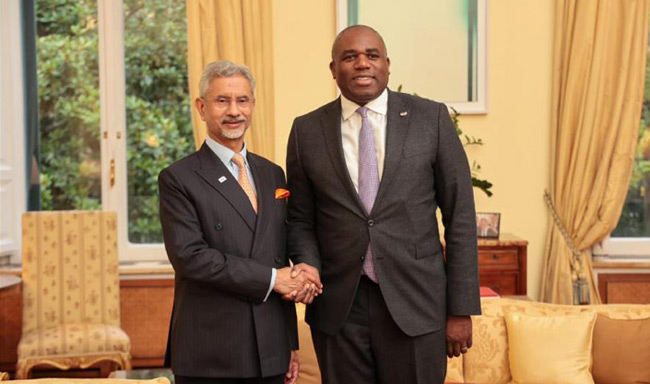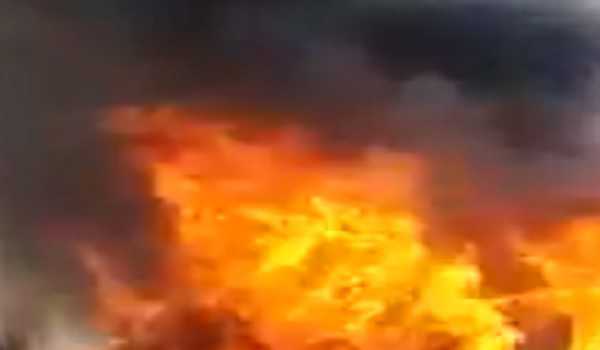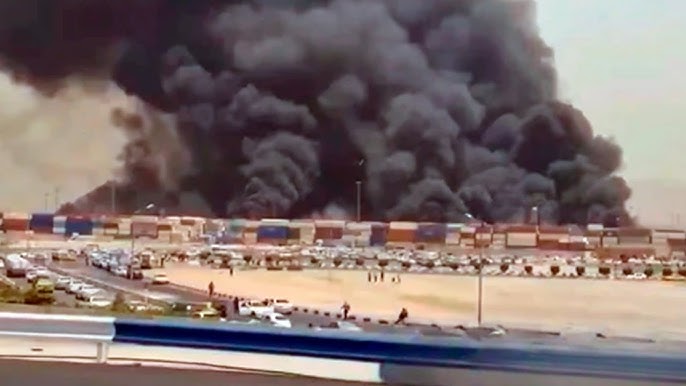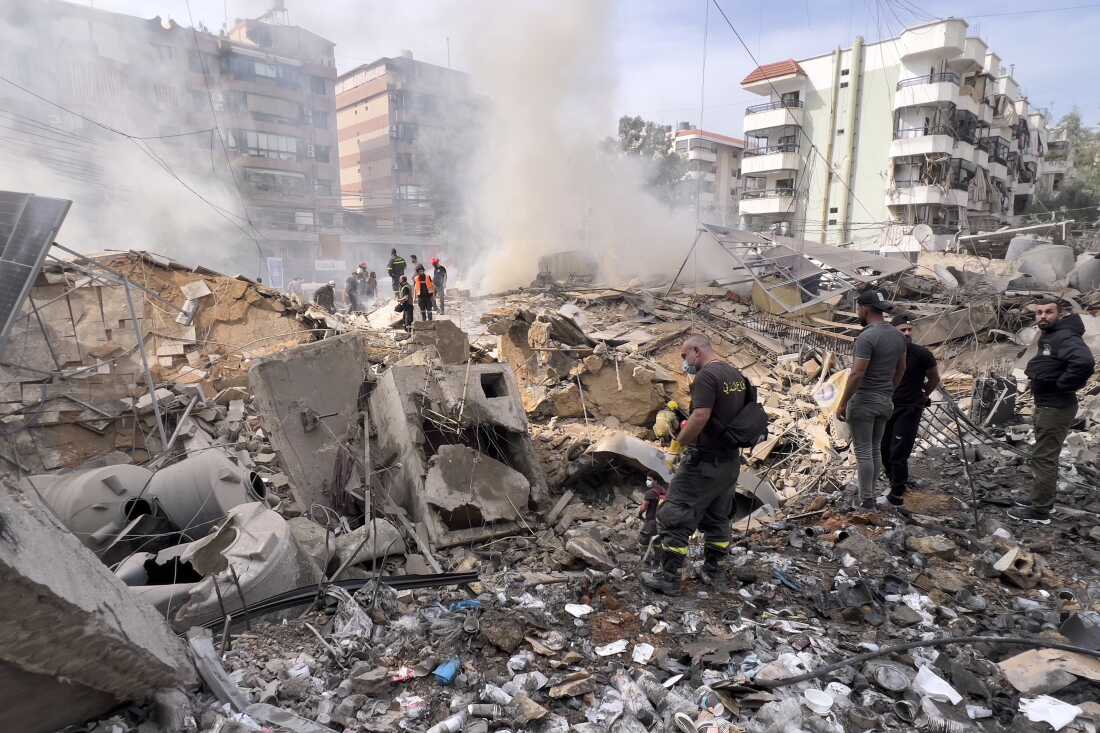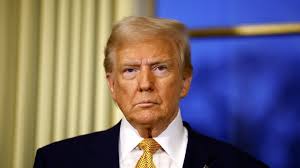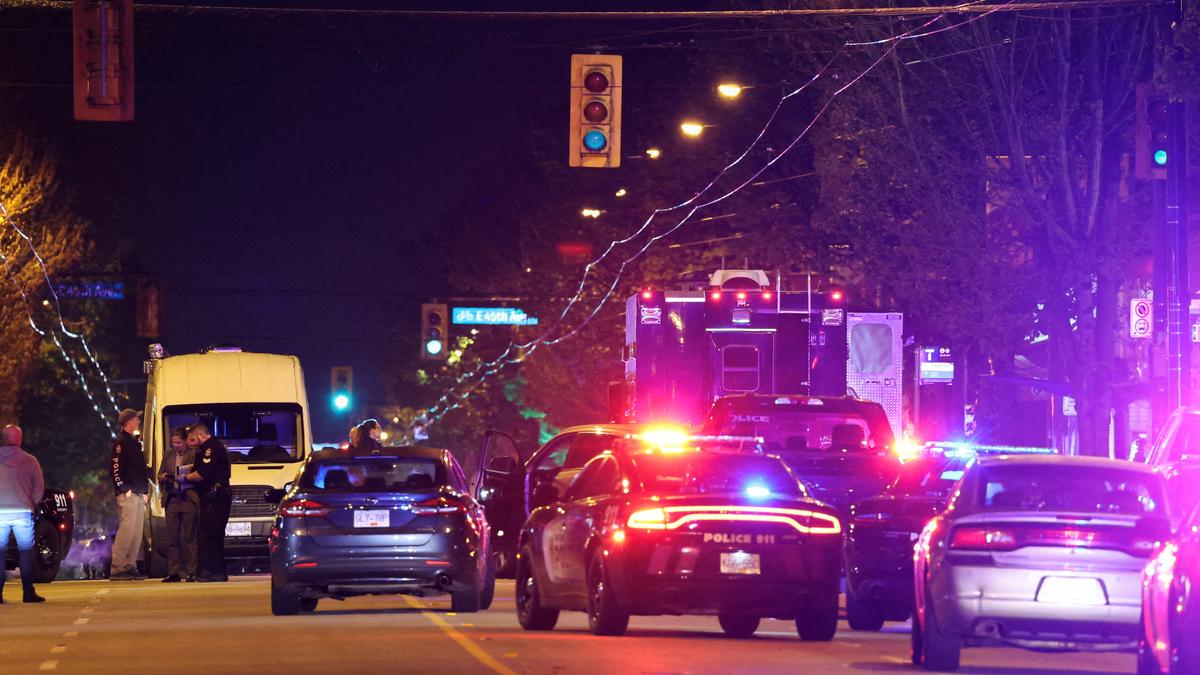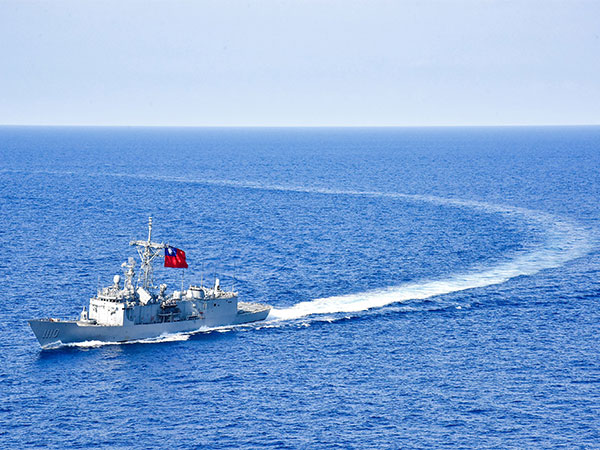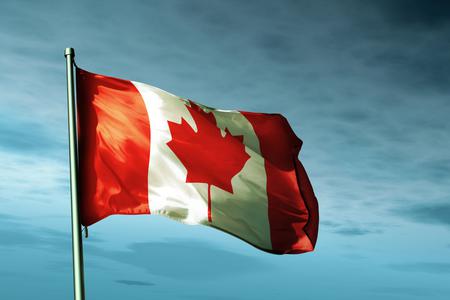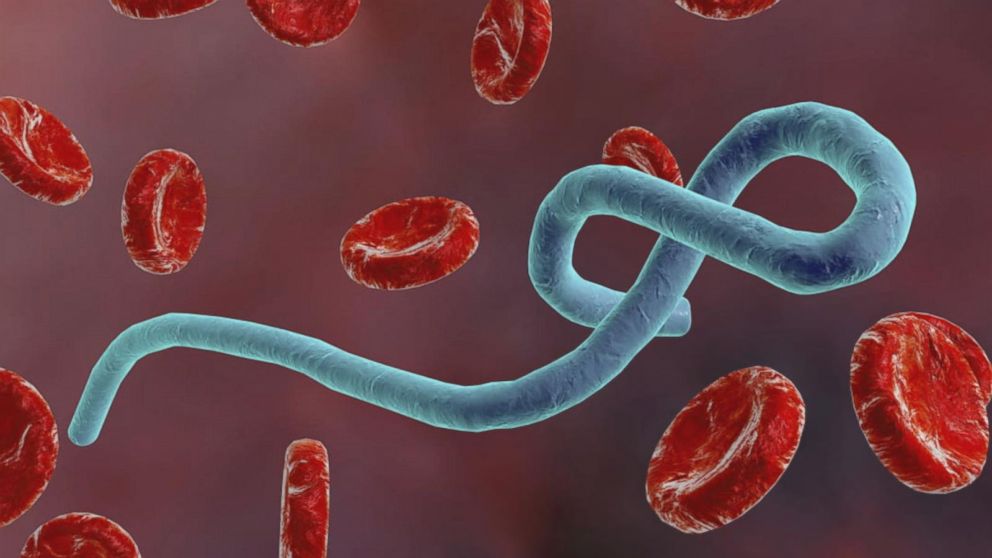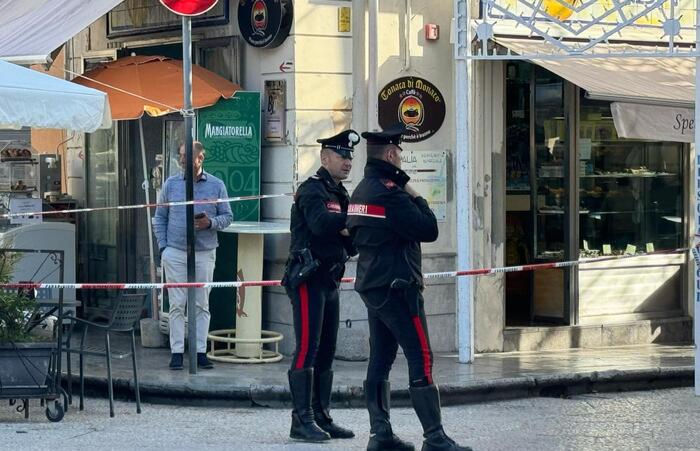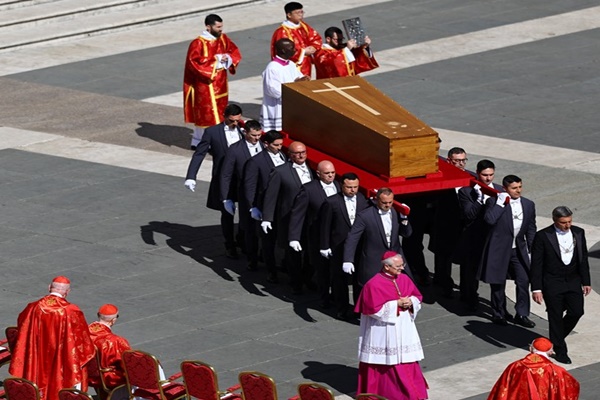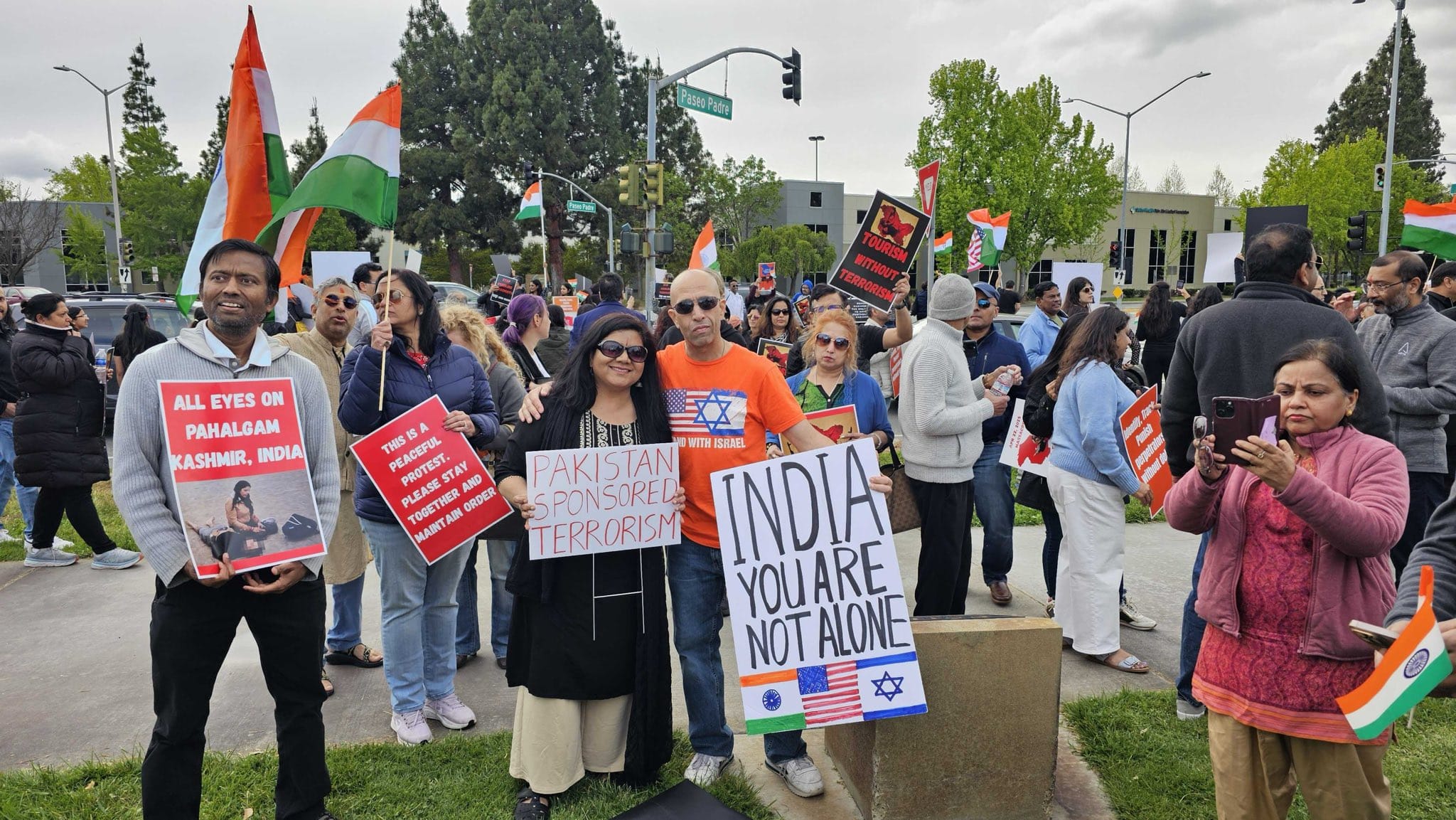India to suspend Indus water talks with Pakistan
Tue 27 Sep 2016, 11:09:07

India on Monday decided not to hold a meeting of the Permanent Indus Commission (PIC) with Pakistan as long as the neighbouring country does not stop exporting terror.
With New Delhi stepping up pressure on Islamabad in the wake of the Uri attack, Prime Minister Narendra Modi chaired a meeting to review the 1960 Indus Water Treaty (IWT), which set up the Permanent Indus Commission to discuss issues related to the sharing of waters of cross-border rivers and manage implementation of the pact.
New Delhi also decided to speed up hydroelectricity and irrigation projects to reap full advantage of the rights accorded to India by the treaty on the rivers flowing into Pakistan.
The Uri attack triggered calls in the government and political circles to abrogate the bilateral Indus Water Treaty as a strong response to the neighbouring country’s policy of supporting cross-border terrorism. The meeting did not result in any decision on abrogating the treaty, but signalled that New Delhi is toughening its stand.
The sources quoted the prime minister as saying that “blood and water cannot flow together”. Modi, according to sources, also observed that India could go for the next meeting of the commission only when the “atmosphere” would be “free of terror”.
The government decided to constitute an inter-ministerial task force to review how India has utilised
its rights over the last 60 years, and also decided to review the voluntary suspension of the Tulbul Navigation Project (Wullar Barrage), effected in 1987, after Islamabad raised objections. The PIC meets at least once a year or as and when either India or Pakistan proposes a meeting. The panel has met 112 times in the last six decades.
its rights over the last 60 years, and also decided to review the voluntary suspension of the Tulbul Navigation Project (Wullar Barrage), effected in 1987, after Islamabad raised objections. The PIC meets at least once a year or as and when either India or Pakistan proposes a meeting. The panel has met 112 times in the last six decades.
In the last meeting held in New Delhi in July, Pakistan’s commissioner threatened to seek arbitration by an international court if India did not alter the design of the 330 MW Kishanganga hydropower project on the Jhelum and the 850 MW Ratle hydropower project on the Chenab. Pakistan had in 2010 sought international arbitration to resolve the Kishanganga project dispute, but the Court of Arbitration based in The Hague ruled in India’s favour.
Signed on September 9, 1960, the IWT grants control over the three eastern rivers of Beas, Ravi and Sutlej to India, while Pakistan has control over the three western rivers of Indus, Chenab and Jhelum. India, however, was given the right to use 20% of waters of the western rivers despite being under the control of Pakistan.
Though India can generate as much as 18,600 MW of electricity from the western rivers, it has installed projects with a total capacity of just 3,034 MW. The projects, which are at present in different stages, will have a total capacity of 2,526 MW.
No Comments For This Post, Be first to write a Comment.
Most viewed from National
Most viewed from World
AIMIM News
Latest Urdu News
Most Viewed
May 26, 2020
Do you think Canada-India relations will improve under New PM Mark Carney?
Latest Videos View All
Like Us
Home
About Us
Advertise With Us
All Polls
Epaper Archives
Privacy Policy
Contact Us
Download Etemaad App
© 2025 Etemaad Daily News, All Rights Reserved.



